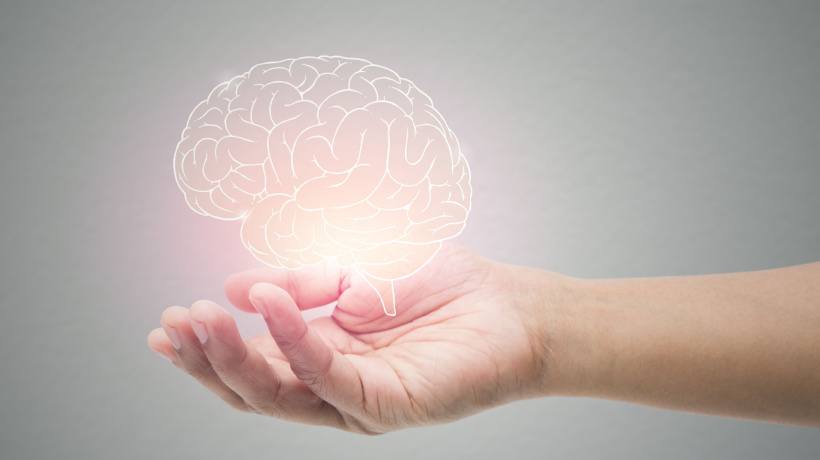

Anxiety Treatment DC is a common mental health concern affecting millions of people worldwide. In Washington, DC, the fast-paced lifestyle and high-pressure environment can exacerbate anxiety symptoms for many residents. Fortunately, the capital city is home to several mental health clinics that specialize in treating anxiety. This blog post will guide you through the top clinics in Washington, DC, offering expert care for anxiety, practical tips for managing symptoms, and valuable resources to support your mental well-being.
Understanding Anxiety
Anxiety is a natural response to stress, but when it becomes overwhelming and persistent, it can interfere with daily life. Symptoms of anxiety include excessive worry, restlessness, fatigue, difficulty concentrating, and physical symptoms such as increased heart rate and muscle tension. Understanding these symptoms is the first step toward seeking help and finding effective treatment.
The Importance of Specialized Care
Seeking help from a clinic specializing in anxiety can make a significant difference in managing and overcoming symptoms. These clinics offer tailored treatment plans, expert therapists, and evidence-based therapies designed to address anxiety effectively. Finding the right clinic is crucial to ensuring you receive the best care possible.
Top Clinics in Washington, DC
Capital Mental Health Clinic
Located in the heart of Washington, DC, Capital Mental Health Clinic offers comprehensive anxiety treatment options. Their team of experienced therapists specializes in cognitive-behavioral therapy (CBT), a highly effective approach for managing anxiety. The clinic also provides mindfulness-based stress reduction programs and individualized treatment plans to meet each patient’s unique needs.
Georgetown Behavioral Health Institute
Georgetown Behavioral Health Institute is renowned for its expertise in treating anxiety disorders. Their multidisciplinary team includes psychiatrists, psychologists, and licensed therapists who work together to provide holistic care. The institute offers a range of services, including individual and group therapy, medication management, and stress management workshops.
Mindful Therapy Group
Mindful Therapy Group focuses on combining traditional therapies with mindfulness techniques to help patients manage anxiety. Their approach emphasizes self-awareness and stress reduction through practices such as meditation and yoga. The clinic’s serene environment and compassionate staff create a supportive space for healing and personal growth.
Innovative Treatment Approaches
Cognitive-Behavioral Therapy (CBT)
CBT is a widely recognized and effective treatment for anxiety. It helps individuals identify and challenge negative thought patterns, replacing them with healthier, more balanced thinking. CBT also incorporates practical strategies for managing stress and coping with anxiety triggers.
Mindfulness-Based Stress Reduction (MBSR)
MBSR combines mindfulness practices with cognitive therapy techniques to reduce stress and anxiety. This approach encourages individuals to focus on the present moment, increasing self-awareness and promoting relaxation. MBSR has been shown to improve emotional regulation and overall well-being.
Medication Management
For some individuals, medication can be a valuable component of anxiety treatment. Psychiatrists at specialized clinics can prescribe and manage medications that help alleviate symptoms. Combined with therapy, medication can provide significant relief for those struggling with severe anxiety.
Tips for Managing Anxiety
Practice Mindfulness
Incorporating mindfulness into your daily routine can help reduce anxiety. Simple practices such as deep breathing, meditation, and mindful walking can promote relaxation and improve emotional resilience.
Stay Active
Regular physical activity is a powerful tool for managing anxiety. Exercise releases endorphins, which can improve mood and reduce stress. Aim for at least 30 minutes of moderate exercise most days of the week.
Connect with Others
Building a strong support network is essential for managing anxiety. Reach out to friends and family members for support, and consider joining a support group for individuals with anxiety. Sharing experiences and learning from others can provide comfort and encouragement.
The Role of Lifestyle Changes
Nutrition and Hydration
A balanced diet and proper hydration play a crucial role in mental well-being. Certain foods, such as those rich in omega-3 fatty acids and antioxidants, can support brain health and reduce anxiety symptoms. Avoid excessive caffeine and sugar, as they can exacerbate anxiety.
Sleep Hygiene
Quality sleep is vital for managing anxiety. Establish a regular sleep routine, create a calming bedtime environment, and avoid screens before bed. Aim for 7-9 hours of sleep each night to support overall mental health.
Limit Screen Time
Excessive screen time, especially on social media, can contribute to anxiety. Set boundaries for screen use and take regular breaks to engage in offline activities. Mindful use of technology can help reduce anxiety triggers.
Building Resilience
Positive Affirmations
Practicing positive affirmations can boost self-confidence and reduce anxiety. Repeating affirmations such as “I am in control,” “I am strong,” and “I can handle this” can help shift your mindset and build resilience.
Setting Realistic Goals
Set achievable goals to reduce feelings of overwhelm. Break tasks into smaller, manageable steps, and celebrate your progress along the way. Realistic goal-setting can improve motivation and reduce anxiety.
Seeking Professional Help
If anxiety becomes unmanageable, seeking professional help is essential. Therapists at specialized clinics can provide personalized treatment plans and support to help you regain control over your anxiety.
Conclusion
Washington, DC offers a variety of mental health clinics specializing in anxiety treatment. From cognitive-behavioral therapy to mindfulness-based stress reduction, these clinics provide expert care to help you manage and overcome anxiety. By seeking specialized care, practicing self-care, and making lifestyle changes, you can find relief from anxiety and improve your overall well-being. Remember, you don’t have to face anxiety alone – help is available, and recovery is possible.



